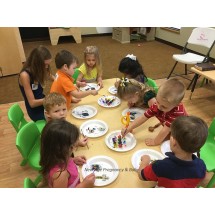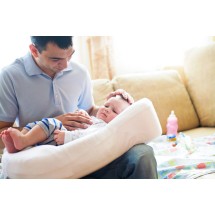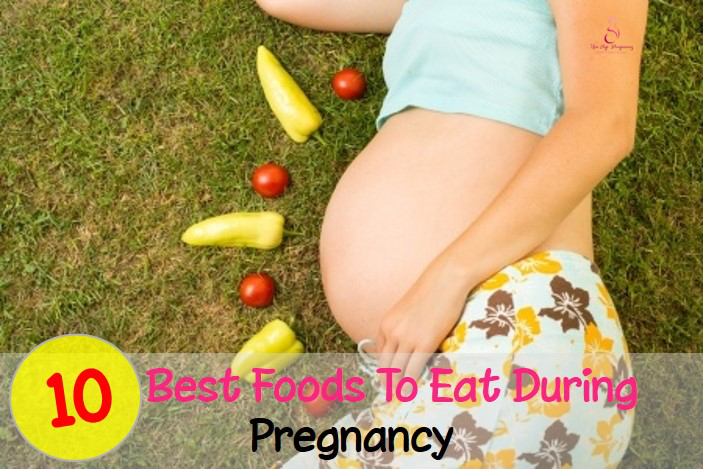
Caring for a baby starts even before the baby is born as a healthy pregnancy diet helps the baby to develop well. There is no specific pregnancy diet to follow but incorporating the essential nutrition for baby’s development is important. Quality outweighs quantity and there is no need to eat double the portion size (average additional 300-500kcal per day) – focus on nutritional value and …
Here are the top 10 foods that incorporate the key nutrients!
Pregnancy Food #1 – Salmon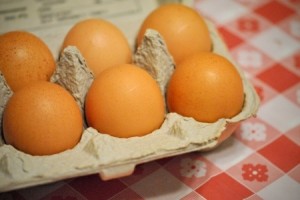
The development of baby’s brain is critical during pregnancy and omega 3 fatty acids is key to brain and vision development. Be sure to include fish rich in omega-3 such as salmon, which is a quality protein source. Salmon is low in methylmercury, a harmful compound but the guideline is to cap it within the 340g limit per week.
Pregnancy Food #2 – Eggs
Egg is a superfood in itself – a good source of protein, vitamins, minerals and most importantly, choline that aids brain development. Egg yolks also have vitamin D that helps build bone and tissue. Iodine is also present in eggs which is needed for the production of thyroid hormone that is important for the development of baby’s brain
and nervous system.
Pregnancy Food #3 – Beans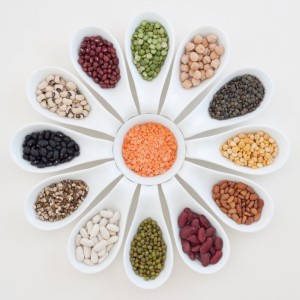
Beans, like lentil and pinto, are an excellent source of iron, a nutrient that both mom and baby need. Iron is required to make hemoglobin that carries oxygen to the baby and for the baby to build its own blood supply. Iron increases the body’s resistance to stress and disease, combat fatigue, irritability and depression. Beans are also rich in folic acid – a nutrient that is critical in the first trimester to reduce likelihood of birth defects. Beans is also a source of calcium, copper, phosphorus, zinc and fibre.
Pregnancy Food #4 – Greek Yoghurt
Dairy contain calcium and if mom is not into milk, opting for low-fat yoghurt makes a tasty afternoon snack that is calcium-rich. Calcium is very much needed for the growth of the baby’s skeletal system and consuming enough during pregnancy protects against depletion of calcium in the mother’s bones.
Pregnancy Food #5 – Dark green, leafy vegetables
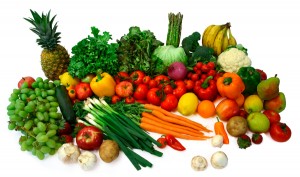 Spinach, kale, broccoli and other green leafy vegetables are rich in vitamins and minerals such as vitamins A, C, K and folate. Broccoli, for instance, contain calcium, folate, fibre and antioxidants. Broccoli also has vitamin C that aids iron absorption.
Spinach, kale, broccoli and other green leafy vegetables are rich in vitamins and minerals such as vitamins A, C, K and folate. Broccoli, for instance, contain calcium, folate, fibre and antioxidants. Broccoli also has vitamin C that aids iron absorption.
Pregnancy Food #6 – Orange, yellow fruits and vegetables
These foods are typically high in vitamins A, C and carotenoids. Vitamin A helps build healthy skin, bones, eyes and helps to cell-building. Vitamin C helps in the manufacture of collagen that helps build the baby’s bones, cartilage, muscles and blood vessels. Foods in this category include sweet potatoes, carrots, red bell peppers, mangoes, apricots and cantaloupe.
Pregnancy Food #7 – Lean Beef and Pork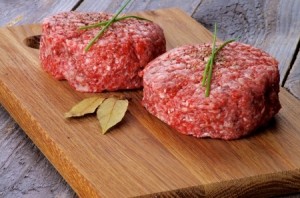
Lean meats are essential source of protein as amino acids are building blocks of the baby’s body. Beef and pork have higher percentage of choline which is essential for brain and vision development. Lean beef is also a good source of iron.
Pregnancy Food #8 – Pumpkin Seeds
Pumpkin seed is a good source of protein, sodium, potassium, phosphorus, calcium, zinc, magnesium, iron and omega 3. It is also rich in carotenoid, vitamins A, B1, B2 and C. Pumpkin seeds, when cooked, are believed to ease abdominal cramps during pregnancy.
Pregnancy Food #9 – Whole Grains
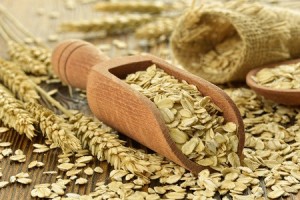 Whole grains contain a higher percentage of fibre, which aids to relieve constipation. Constipation is common during pregnancy due to the relaxation of intestinal wall muscles, leading to foods staying in the intestine longer. Whole grains also contain zinc which helps fetal growth. Whole grains include barley, oatmeal which are high in minerals like vitamins B, E and selenium. Other sources of fibre include beans, whole wheat pasta and brown rice.
Whole grains contain a higher percentage of fibre, which aids to relieve constipation. Constipation is common during pregnancy due to the relaxation of intestinal wall muscles, leading to foods staying in the intestine longer. Whole grains also contain zinc which helps fetal growth. Whole grains include barley, oatmeal which are high in minerals like vitamins B, E and selenium. Other sources of fibre include beans, whole wheat pasta and brown rice.
Pregnancy Food #10 – Water
Ok, technically water is not a food; however, ensuring sufficient fluid intake is important during pregnancy for relief of constipation and development of new cells, maintaining blood volume, minimizing swelling and risk of urinary tract infection.
Caring for the baby starts with being mindful of what to eat during pregnancy. Apart from a healthy diet, take special note to incorporate key nutrients such as omega 3 fatty acids, choline, vitamins, iodine, iron, folic acid, calcium, zinc and fibre.
By Mei

